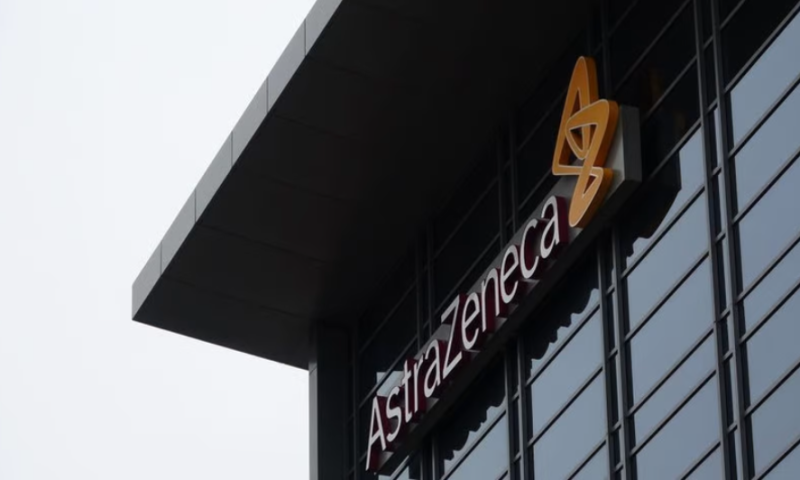AstraZeneca has pulled off a double success in breast cancer. After seeing rival drugs from Roche and Sanofi fail, the Anglo-Swedish drugmaker bucked the trend with wins for capivasertib and camizestrant in phase 2 and 3 clinical trials.
The travails of AstraZeneca’s peers dampened hopes going into the clinical readouts. Capivasertib is an AKT inhibitor, the same mechanism of action as Roche’s serial failure ipatasertib. Similarly, camizestrant is an oral selective estrogen receptor degrader (SERD), a medicine class in which the failures of Roche’s giredestrant and Sanofi’s amcenestrant have overshadowed Radius Health and Menarini’s early success.
Yet, in the space of five minutes on Wednesday morning, AstraZeneca reported primary endpoint hits in studies of both candidates. If the full data, which the company is yet to share, impress, success in areas in which rivals have failed could leave AstraZeneca with a relatively clear run at potentially important markets.
Capivasertib is the more advanced of the two candidates. The phase 3 study explored the second-line use of the AKT inhibitor by randomizing 708 patients with HR-positive, HER2-low or negative breast cancer to take it or placebo on top of AstraZeneca’s Faslodex.
Progression-free survival was significantly longer in recipients of capivasertib, both in the overall patient population and in a subgroup with PIK3CA, AKT1 or PTEN alterations. The improvements caused the trial to hit both of its primary endpoints. AstraZeneca said early overall survival data, which were immature at the time of the analysis, are “encouraging.” The company plans to share the data with regulators.
Roche’s rival AKT inhibitor previously failed as a first-line treatment in triple-negative and HR-positive, HER-negative breast cancer. The line of care and combination therapies differed between the Roche and AstraZeneca trials. The Canadian Cancer Trials Group and Roche are testing ipatasertib in an ongoing study.
In the other clinical trial, AstraZeneca pitted its oral SERD camizestrant against Faslodex in patients with ER-positive locally advanced or metastatic breast cancer who had previously received endocrine therapy for advanced disease. The phase 2 study enrolled 240 patients.
Both doses of camizestrant, 75 mg and 150 mg, beat the progression-free survival achieved by Faslodex, causing the study to hit its primary endpoint. The result offers encouragement as AstraZeneca advances toward data from phase 3 clinical trials that are testing camizestrant in combination with Ibrance.
Encouragement was thin on the ground going into the phase 2 readout. Radius Health and Menarini showed that oral SERDs can improve outcomes, at least in trials that enrich for ESR1 mutations, but since then Roche and Sanofi have suffered setbacks. Sanofi gave up on its oral SERD amcenestrant altogether after a second failure in breast cancer. Roche is still developing giredestrant despite its earlier failure.
The success of Radius and Menarini and the failures of Roche and Sanofi suggested that enrichment for ESR1 may be key to the success of oral SERDs. Neither Roche nor Sanofi enriched for the mutation. But neither did AstraZeneca, and it walked away from its oral SERD study with a primary endpoint win. Why AstraZeneca succeeded where others failed is unclear, but it may come into focus once the full data and details such as the proportion of ESR1 patients are available.

